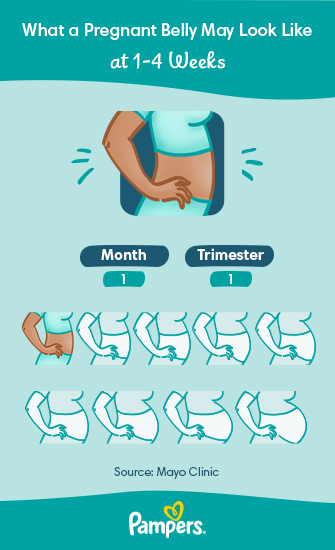
2 Week Pregnancy Symptoms: A Comprehensive Guide
Pregnancy is a transformative journey that begins with subtle changes in the body. Understanding the symptoms of early pregnancy can help you recognize the possibility of conception and make informed decisions about your health and the well-being of your future child.
Week 2 of Pregnancy: A Time of Hormonal Shifts
Two weeks after conception, the fertilized egg has implanted in the lining of the uterus, marking the beginning of pregnancy. This process triggers a surge of hormones, primarily human chorionic gonadotropin (hCG), which is responsible for the early symptoms of pregnancy.
Common Symptoms at 2 Weeks
While every pregnancy is unique, some common symptoms may be experienced during week 2:
- Missed period: The most noticeable sign of pregnancy is a missed menstrual period. However, it’s important to note that irregular periods or hormonal imbalances can also cause missed periods.
- Breast tenderness: Increased blood flow to the breasts can cause them to become tender, swollen, and sensitive.
- Fatigue: The surge in progesterone levels can lead to increased fatigue and a desire to sleep more.
- Nausea: Morning sickness, characterized by nausea and vomiting, can begin as early as week 2 for some women.
- Frequent urination: The increased blood flow to the kidneys can cause more frequent urination.
- Light spotting: Implantation bleeding, which occurs when the fertilized egg implants in the uterus, can result in light spotting or brownish discharge.
- Mood swings: Hormonal changes can affect mood, causing irritability, moodiness, or emotional sensitivity.
Less Common Symptoms
In addition to the common symptoms, some women may experience less common symptoms at week 2:
- Headaches: Increased blood flow can cause headaches.
- Constipation: Progesterone can slow down digestion, leading to constipation.
- Cramping: Mild cramping can occur as the uterus expands.
- Metallic taste in the mouth: Hormonal changes can alter taste perception.
- Food aversions or cravings: Changes in hormone levels can affect taste preferences, leading to food aversions or cravings.
When to Seek Medical Attention
While most early pregnancy symptoms are normal, it’s important to seek medical attention if you experience any of the following:
- Severe pain: Severe abdominal or pelvic pain can indicate an ectopic pregnancy or other complications.
- Heavy bleeding: Bleeding that is heavier than a normal period or accompanied by clots can be a sign of miscarriage.
- Fever: A fever of 101 degrees Fahrenheit or higher can indicate an infection.
- Vomiting that prevents you from keeping food or fluids down: Severe nausea and vomiting can lead to dehydration and electrolyte imbalances.
Confirming Pregnancy
If you suspect you may be pregnant, the most accurate way to confirm it is through a pregnancy test. Home pregnancy tests can be purchased over-the-counter and are generally reliable after the first day of a missed period. For a more definitive result, you can schedule a blood test with your healthcare provider.
Next Steps
If you receive a positive pregnancy test, it’s recommended to schedule an appointment with your healthcare provider for a prenatal checkup. This appointment will include a physical exam, blood work, and an ultrasound to confirm the pregnancy and assess its progress.
Conclusion
Understanding the symptoms of week 2 of pregnancy can help you recognize the possibility of conception and make informed decisions about your health. While some symptoms are common, it’s important to seek medical attention if you experience any severe or concerning symptoms. By monitoring your body and consulting with your healthcare provider, you can navigate the early stages of pregnancy with confidence and ensure the well-being of your future child.